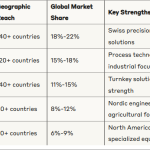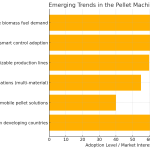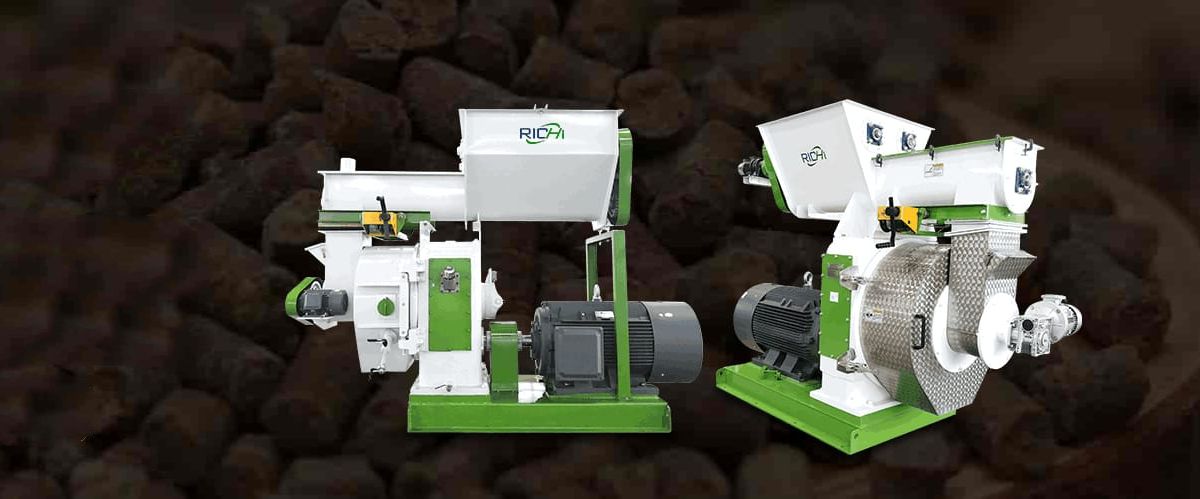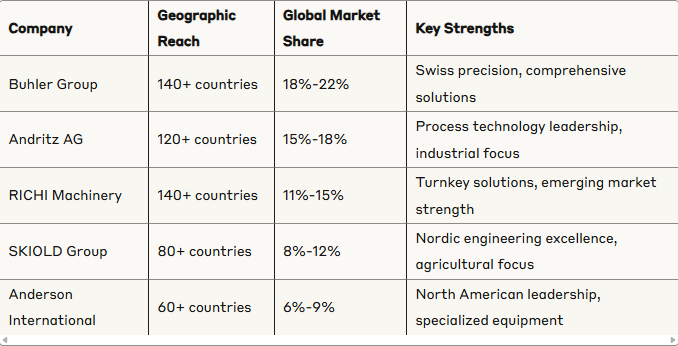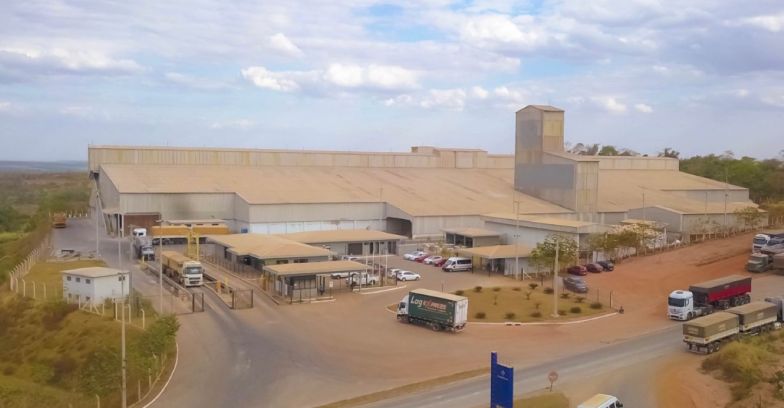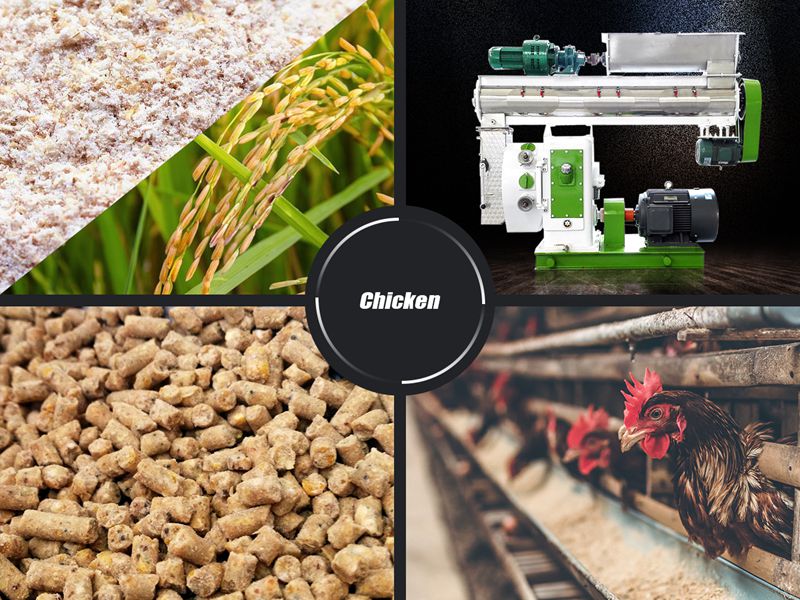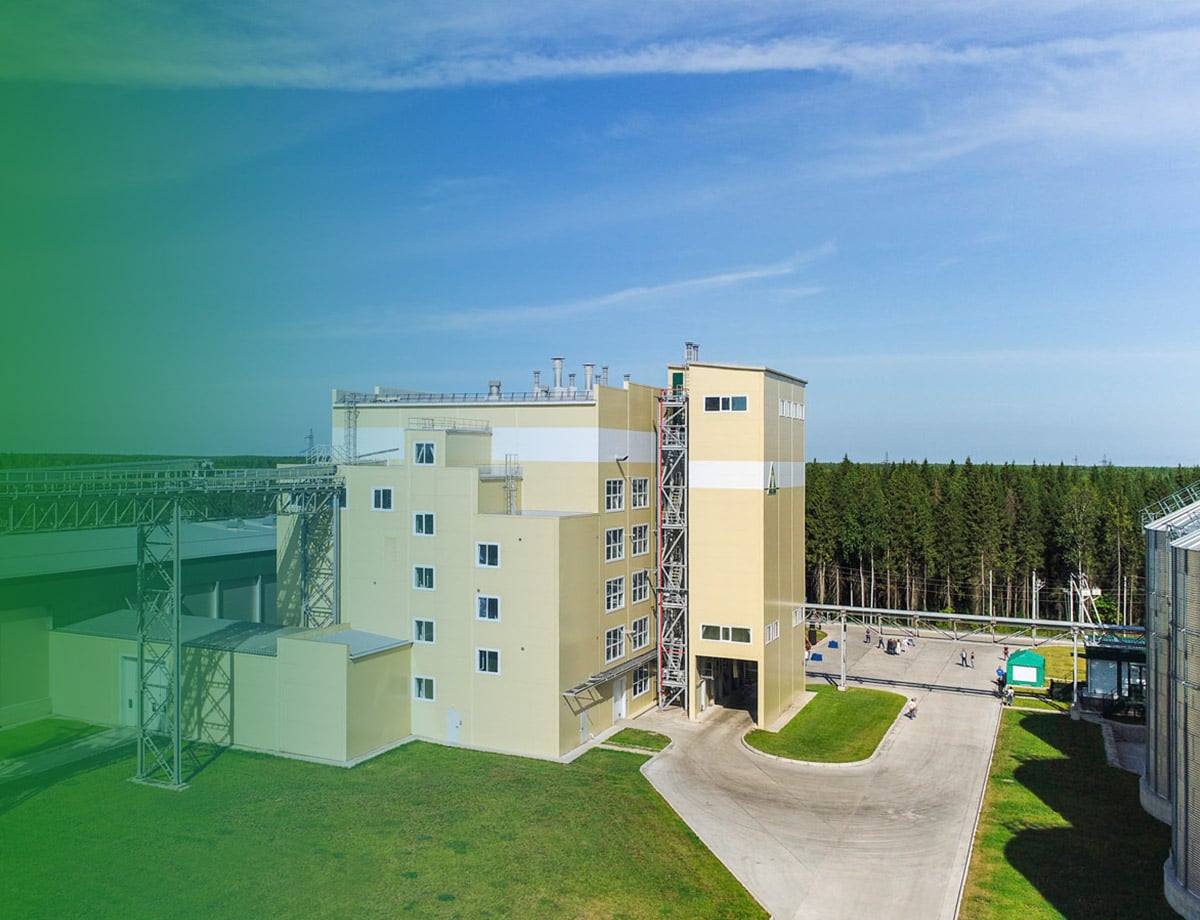Chicken manure pellet machines play a vital role in converting poultry waste into valuable organic fertilizer. The longevity and efficiency of these machines are significantly influenced by their performance parameters. Understanding how these parameters affect the machine’s lifespan is essential for operators and manufacturers alike. This article examines the key performance parameters of chicken manure pellet machines and their impact on equipment durability and operational life.
Production Capacity
The production capacity of a chicken manure pellet machine is a fundamental parameter that directly affects its lifespan:
- Optimal Operation: Operating the machine at its designed capacity ensures balanced wear on components and optimal energy efficiency.
- Overloading: Consistently running the machine above its rated capacity can lead to accelerated wear, increased heat generation, and potential mechanical failures.
- Underutilization: While less damaging than overloading, frequent underutilization can result in inefficient operation and potential issues with material flow.
To maximize lifespan, it’s crucial to select a machine with a capacity that closely matches production needs and to operate it within its designed range.
Moisture Content Control
Maintaining the proper moisture content in chicken manure is critical for both pellet quality and machine longevity:
- Optimal Range: Most chicken manure pellet machines operate best with material moisture content between 13-18%.
- Excessive Moisture: High moisture content can lead to clogging, increased wear on dies and rollers, and potential corrosion of metal components.
- Insufficient Moisture: Too dry material can cause increased friction, leading to higher energy consumption and accelerated wear on pelletizing components.
Implementing effective moisture control systems and regular monitoring can significantly extend the machine’s lifespan. (Related post: horse manure pellet making machine)
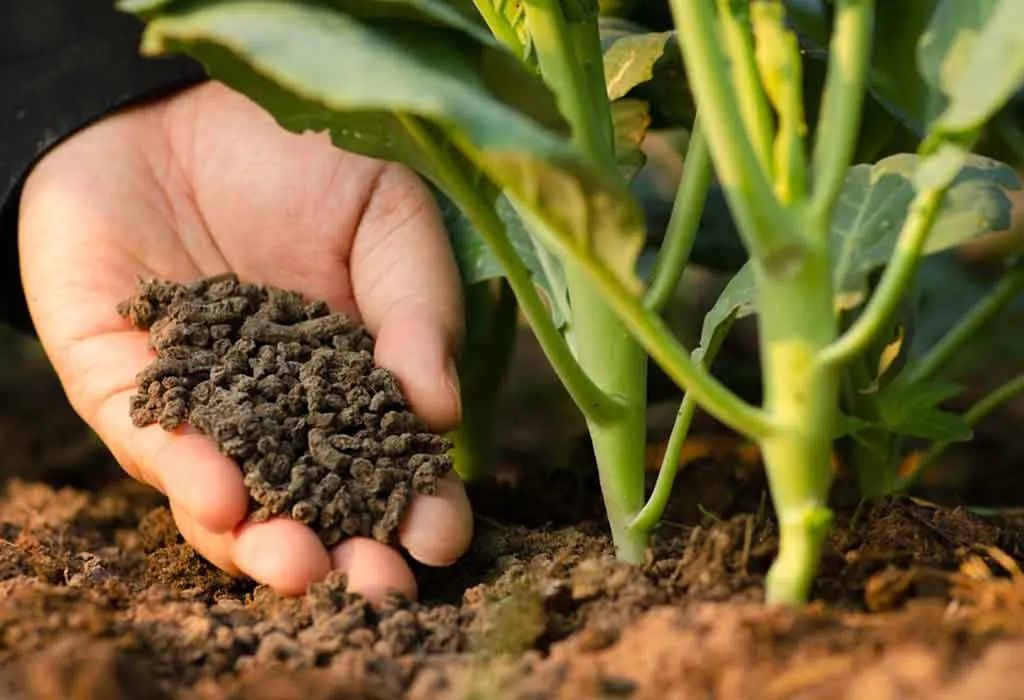
Die and Roller Specifications
The die and roller assembly is at the heart of the pelletizing process, and its specifications greatly influence machine longevity:
- Material Quality: High-quality, wear-resistant materials for dies and rollers can substantially extend their operational life.
- Die Hole Diameter and Length: Properly sized die holes ensure efficient pellet formation without excessive pressure or wear.
- Roller-Die Gap: Maintaining the correct gap between rollers and die is crucial for even wear and consistent pellet quality.
Regular inspection and timely replacement of worn dies and rollers are essential for maintaining machine performance and longevity.
Rotational Speed
The rotational speed of the pelletizing assembly affects both production efficiency and component wear:
- Optimal Speed: Operating at the manufacturer-recommended speed ensures efficient pellet formation and balanced wear.
- Excessive Speed: Operating at higher than recommended speeds can lead to increased friction, heat generation, and accelerated wear on moving parts.
- Low Speed: While generally less harmful, consistently low speeds can result in inefficient operation and potential material buildup.
Adhering to the recommended operational speeds and implementing variable speed controls can help optimize machine lifespan.
Temperature Control
Effective temperature management is crucial for both pellet quality and machine durability:
- Optimal Range: Maintaining die temperatures typically between 60-90°C (140-194°F) ensures efficient pellet formation without excessive heat stress on components.
- Overheating: Prolonged operation at high temperatures can lead to accelerated wear, material degradation, and potential damage to bearings and seals.
- Insufficient Heat: Low operating temperatures can result in poor pellet quality and potential clogging of the die.
Implementing robust temperature monitoring and control systems is essential for preserving machine components and ensuring consistent operation.
Raw Material Characteristics
The properties of the chicken manure being processed significantly impact machine performance and longevity:
- Particle Size: Consistent, appropriately sized particles ensure even material flow and reduce stress on grinding components.
- Contaminants: The presence of foreign materials (e.g., stones, metal pieces) can cause significant damage to machine components.
- Chemical Composition: Highly acidic or corrosive manure can accelerate wear on metal components.
Implementing effective pre-processing steps, including screening and pH adjustment if necessary, can protect the machine and extend its operational life.
Maintenance Frequency and Quality
Regular, high-quality maintenance is perhaps the most critical factor in extending a chicken manure pellet machine’s lifespan:
- Lubrication: Proper and timely lubrication of all moving parts is essential for reducing friction and wear.
- Cleaning: Regular cleaning prevents material buildup and allows for early detection of potential issues.
- Component Inspection: Routine inspections and proactive replacement of worn parts prevent cascading failures and extend overall machine life.
Implementing a comprehensive, scheduled maintenance program is crucial for maximizing the machine’s operational lifespan.
Operational Environment
The environment in which the machine operates can significantly impact its longevity:
- Dust and Humidity: High levels of airborne dust or humidity can accelerate wear on moving parts and electronic components.
- Temperature Fluctuations: Extreme or frequent temperature changes can stress machine components and affect lubrication effectiveness.
- Vibration: Excessive vibration, often due to improper installation or worn components, can lead to accelerated wear and potential structural damage.
Ensuring a suitable operational environment, including proper ventilation and vibration dampening, can significantly extend machine life.
Conclusion
The performance parameters of chicken manure pellet machines play a crucial role in determining their operational lifespan. By carefully managing production capacity, moisture content, die and roller specifications, rotational speed, temperature, raw material characteristics, maintenance practices, and the operational environment, operators can significantly extend the life of their equipment.
Regular monitoring and optimization of these parameters not only enhance the machine’s longevity but also ensure consistent production of high-quality chicken manure pellets. As the demand for organic fertilizers continues to grow, maintaining the efficiency and durability of these machines becomes increasingly important.
Manufacturers and operators should collaborate to develop comprehensive strategies for parameter optimization and maintenance. This cooperative approach, combined with ongoing research and technological advancements, will lead to more durable, efficient, and sustainable chicken manure pellet machines, benefiting both the agricultural industry and the environment.


